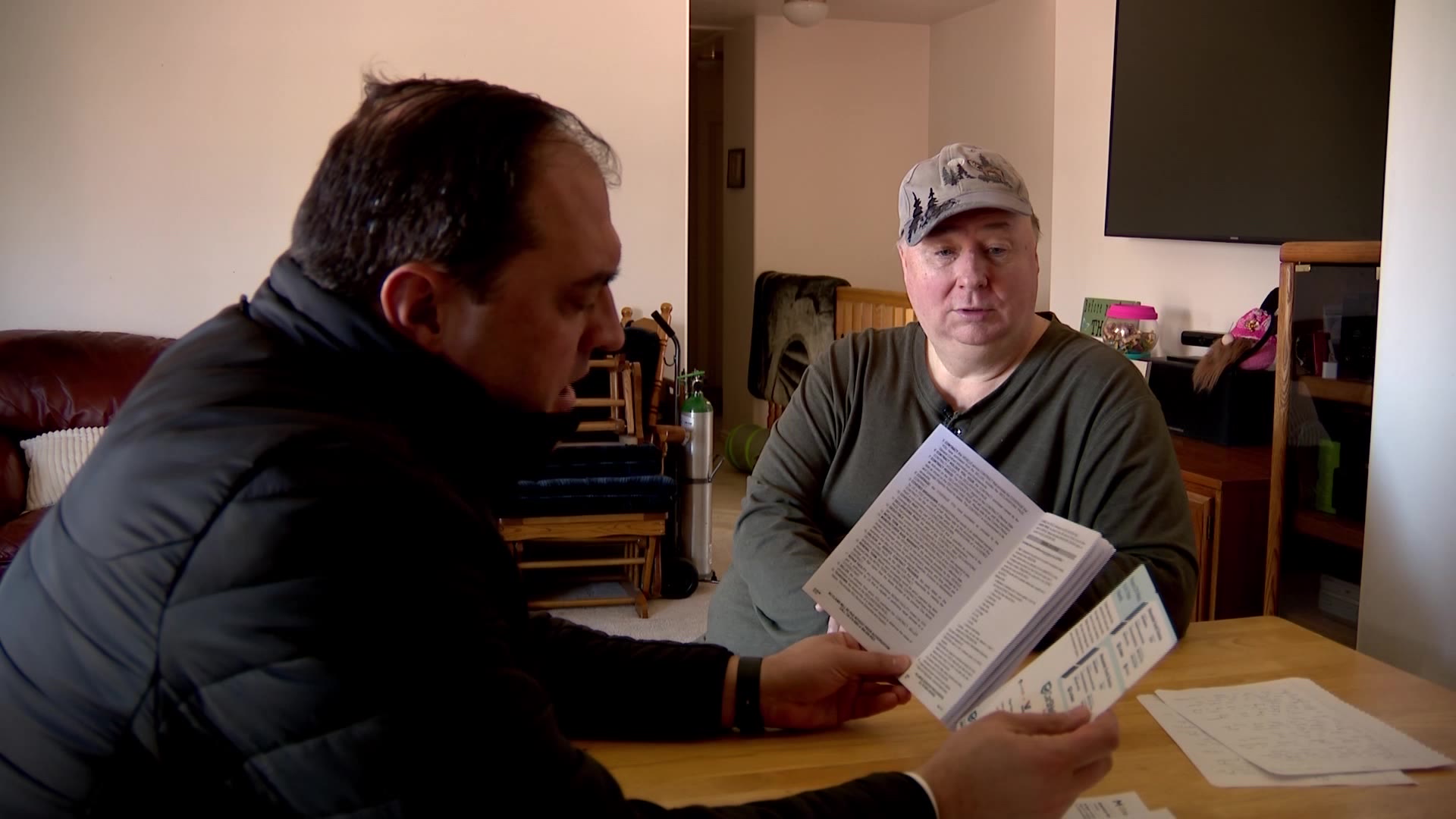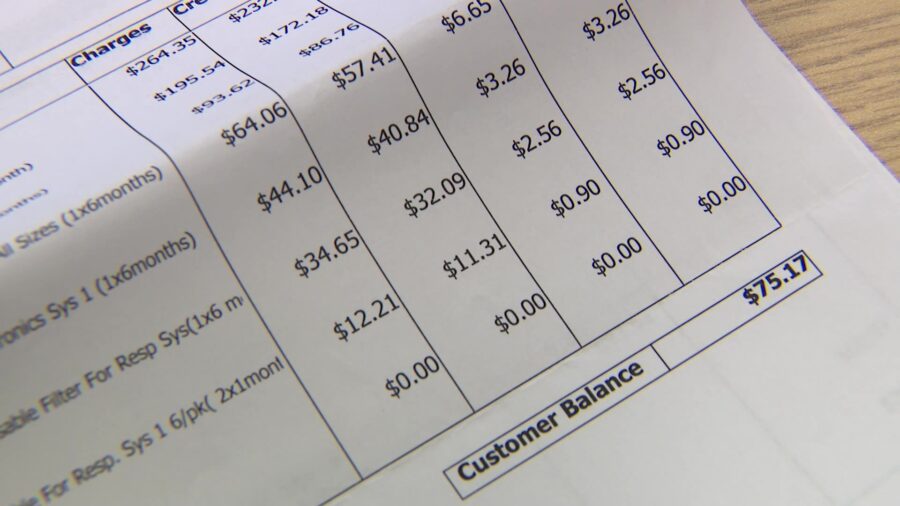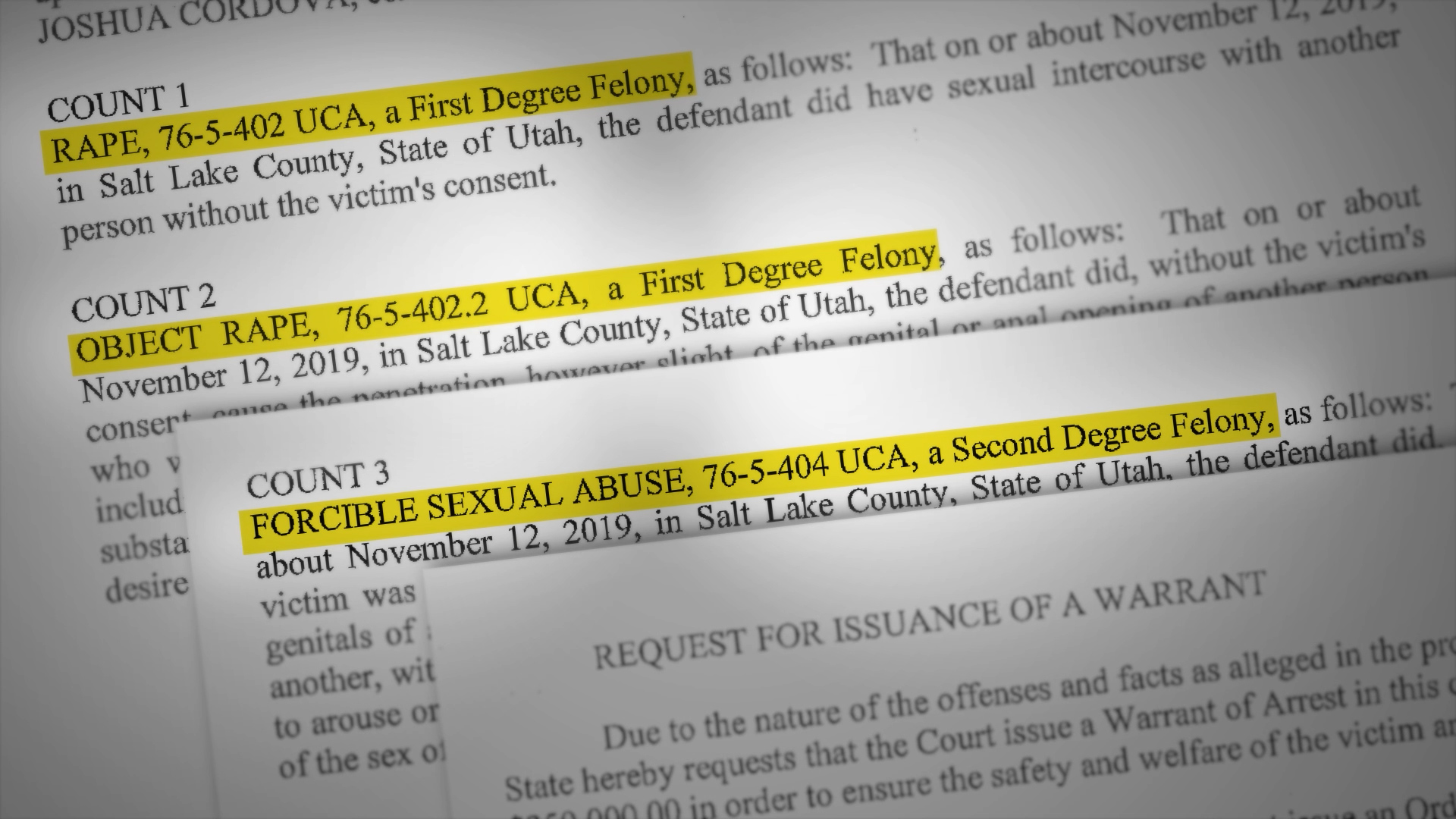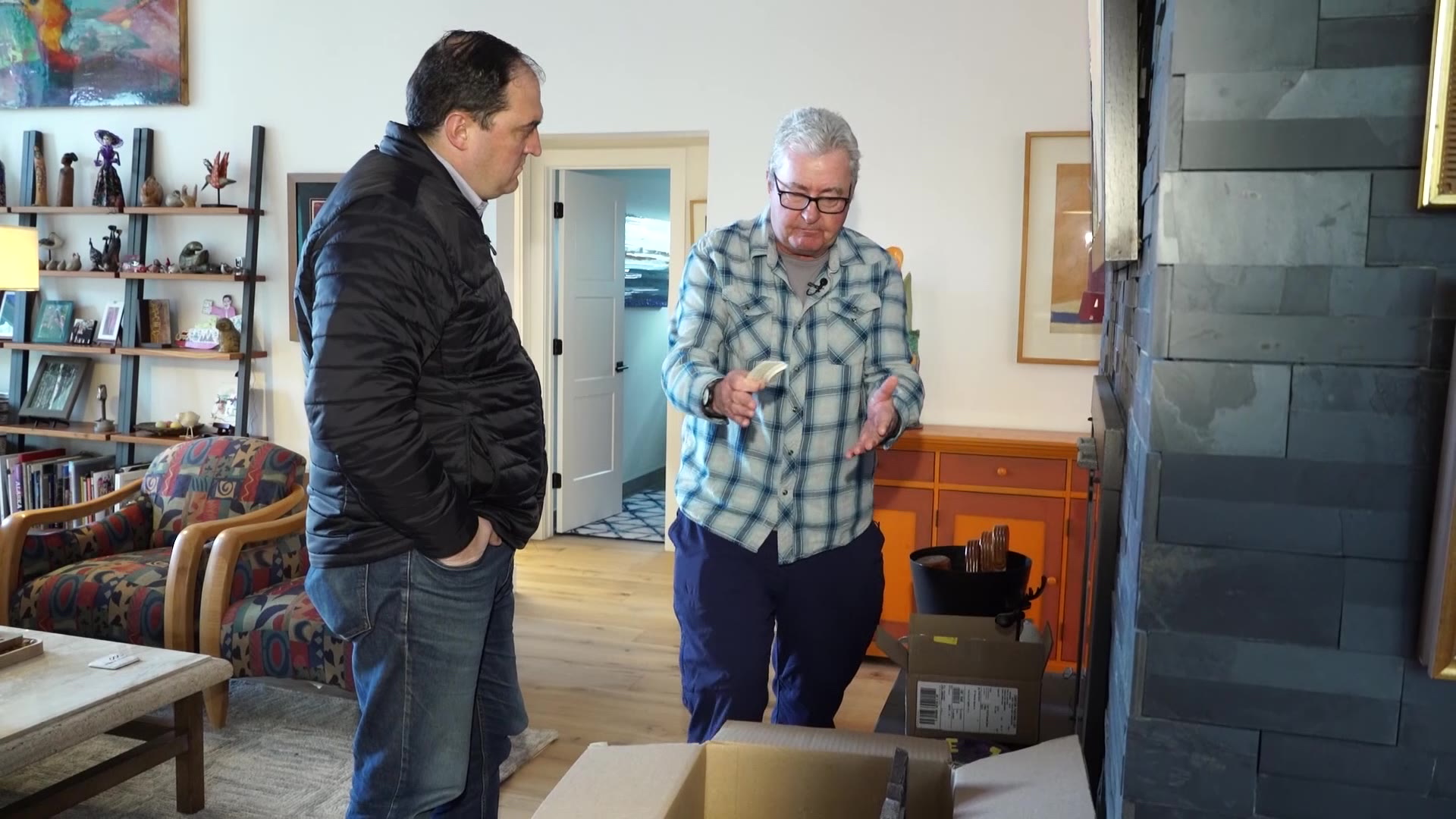Is your car covered for storm-related damage?
Dec 9, 2021, 5:43 PM | Updated: Mar 8, 2024, 4:36 pm
SALT LAKE CITY — As winter weather has finally rolled into much of Utah, you can bet that it will lead to some insurance claims. But, for many Utah drivers, the weather-related damage will not likely be covered by their auto insurance policy.
In Utah, all drivers are supposed to have auto insurance. But drivers are sometimes surprised to learn after filing a claim, their insurance does not cover as much as they thought.
“Certain events aren’t going to be covered,” said Mark Fitzpatrick, an insurance expert and content manager for personal finance website MoneyGeek. Fitzpatrick has been crunching national insurance numbers and has shared the data with the KSL Investigators.
In Utah, 24% of insured drivers don’t have what is called comprehensive auto insurance. That adds up to more than 785,000 Utahns.

“Sometimes that may be a perfectly fine choice, a good choice for your bottom line,” Fitzpatrick said about drivers opting not to have comprehensive coverage. “But in some cases, it may come from people not being aware of what’s covered and what’s not.”
Not having comprehensive means you are not covered for weather-related things like hail, floods, or a snow-soaked branch falling on your car. Comprehensive also covers non-weather-related things like vandalism or theft, or a squirrel chewing your engine wires, something Gov. Spencer Cox experienced a while back.
Steering went out in my wife’s car. Lucky no one was hurt. We found the culprit.
Yep.
Squirrel. #RuralLife pic.twitter.com/tZivVqUYZZ— Spencer Cox (@SpencerJCox) October 18, 2017
Comprehensive is not for everybody. It costs an average of $400 to $500 per year and if your car is not worth much, comprehensive coverage might not be worth it.
Still, as the season of falling branches and rodents seeking warmth bares down on Utah, it may be worth a conversation with your insurance agent.
In comparison to other states, Utah ranks ninth when it comes to the percentage of vehicles with comprehensive coverage at 76%, according to MoneyGeek’s analysis. New Hampshire, Massachusetts and Connecticut have the top three spots with 89%, 87% and 81% respectively. On the other end – Arkansas, New Mexico and Mississippi are at the bottom with 56% for Arkansas, and New Mexico and Mississippi tied at 51%. Nationally, MoneyGeek estimates there are 103 million cars on U.S. roads that aren’t covered by comprehensive insurance.













